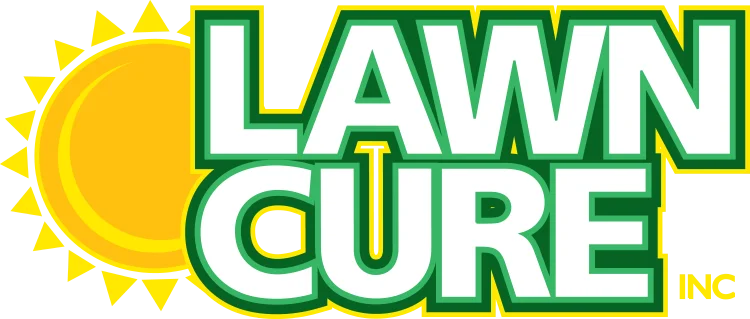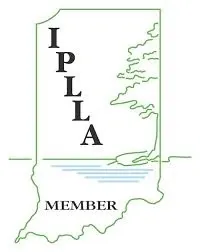To help maintain a beautiful lawn, proper mowing techniques are a must! Read on to learn some good-to-know- mowing do's and don'ts!
The summer period (June, July, and August) is when our lawns take a beating due to summer heat, lack of rain/water, weeds, which favor the hot summer sun, and the impact of the hot soil temperatures.
“What can be done about those pesky bare spots in my lawn?” you may be asking. You have been diligent about treating your lawn for weeds throughout the spring and summer, yet now you may find that the weeds are under control but you are left with several bare areas throughout the lawn. 
With the heat of summer settling in, we begin spotting our lawn sprinklers and irrigation systems hard at work. When is the best time to water my lawn? Continue reading to learn more about when to water your lawn!
Fall is here and there is still plenty of lawn work left to be done. Here are a few suggestions to encourage a beautiful lawn now and into next spring!
Seeding is the most successful when done in September and October and is just what your lawn needs to help fill in any bare areas that may be present in your lawn.
Brown spots are the most common summer problem in our lawns and there are 2 main reasons why: Fungus & Lack of Water
Now is the time for a few last efforts that will do much to help our lawns as we move through the fall season. We hope the following tips will be of help in your outdoor endeavors!
The simple answer is SUMMER!! Summer takes a toll on our lawns and we at Lawn Cure would like to assist you in preserving your lawn as we move through the hot summer season.
What is that viney-looking weed growing along my driveway and sidewalk edges and creeping into my landscape beds?" you may be asking. That is the troublesome summer, broadleaf weed called Spotted Spurge.
Armyworms are the blackish, green-striped caterpillar larvae of the adult armyworm moth. They get their name because they travel in small armies, laying their eggs in grassy areas. The eggs hatch and the larvae begin feeding on the blades of grass in our lawns, eating everything in their path.
Learn about some seasonal lawn tips for maintenance for every season of the year! From watering to mowing, we have the details you need to keep your lawn perfect all year-round.
The "dog days of summer" is the time our lawns face the most stressful conditions of the year. There are 4 main issues your turf will go thru and most likely the reason why its under so much stress.
Do you feel like your landscape is missing something but don’t really want to get involved in a long-term or expensive renovation project? Stepping stones may be the answer!
Yellow nutsedge (Cyperus esculentus) is an erect, glasslike perennial member of the sedge family. It is found earth-wide. Sometimes referred to as nut grass, swamp grass or water grass, it is a sedge (not a grass) and is not controlled with normal broadleaf weed herbicides.






